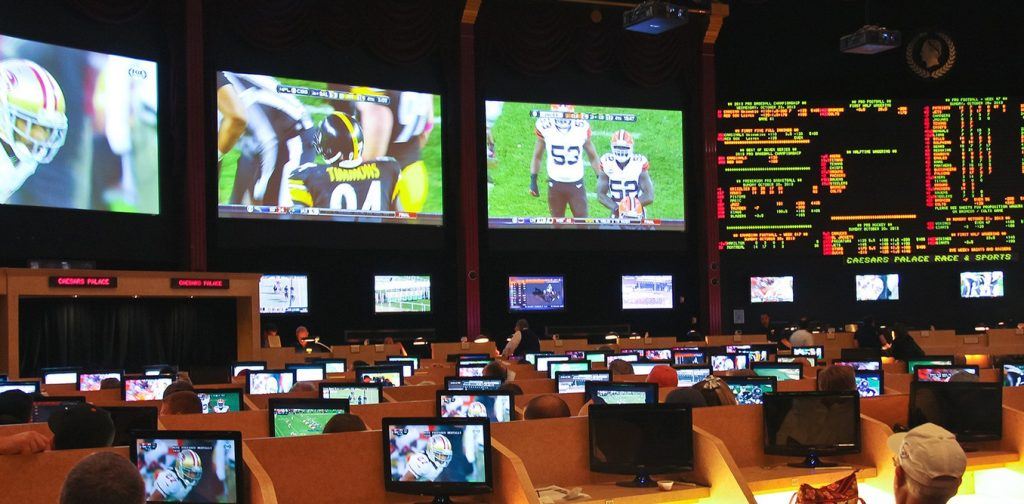Legalized US Sports Betting Market Would Be Worth $11.9 Billion
Posted on: September 7, 2016, 05:00h.
Last updated on: September 8, 2016, 12:55h.
Legalizing sports betting across America would create the world’s largest regulated betting market with annual gross gaming revenues of $11.9 billion, according to a new report from Gambling Compliance.
To put that into perspective, Nevada, the only state that offers full-scale legal sports betting generates annual gross gaming revenues of under $300 million.

The nationwide market in the US would dwarf the UK, which is the largest market in the world currently. The UK generates $2.8 billion annually, but California alone would bring in $1.3 billion, and New York another $900 million.
Sports betting is currently legal in just four states: Delaware, Oregon and Montana, as well as Nevada. Elsewhere it is prohibited by Professional and Amateur Sports Protection Act of 1992 (PASPA).
The Problem with PASPA
PASPA sought to define the legal status of sports betting, as opposed to pari-mutuel horse and dog-racing. Exemptions were made for the four states that had already passed laws declaring sports betting to be legal.
But while a limited amount of betting is found in Delaware racetracks, Oregon and Montana chose not to license sports books.
PASPA left a 12-month window open allowing any state that had established regulated casino gaming in the previous decade to pass laws regulating sports betting too. This was essentially a carve-out for New Jersey, which foolishly chose to pass on the offer.
The state, now desperate to legalize sports betting at its casinos, has been challenging PASPA for years. Just last month an appellate federal court struck down the state’s ambitions for the third time since 2013.
$138.9 Billion Bet on Illegal Markets
But now there are noises of dissent from other states over PASPA too, most recently New York, whose Assemblyman Gary Pretlow last month declared the law to be “unfair” and said he is interested in mounting a challenge.
The American Gaming Association estimates that $138.9 billion was spent by Americans on illegal sports betting last year.
However, a major impediment to repealing PASPA remains the sports leagues themselves, who have continually fought New Jersey’s ambitions in the courts.
Over the past couple of years there have been signs that the league’s anti-sports betting stance could be thawing. The NBA and MLB, in particular, have expressed an openness to the idea of having a relationship with legalized gambling.
“US policymakers, casino groups and sports leagues have all begun to consider what a regulated sports-betting market would look like without the PASPA prohibition,” says Gambling Compliance’s managing director, James Kilsby. “States are already moving rapidly to regulate daily fantasy sports, but sports betting represents a far larger and more lucrative opportunity.”
No comments yet